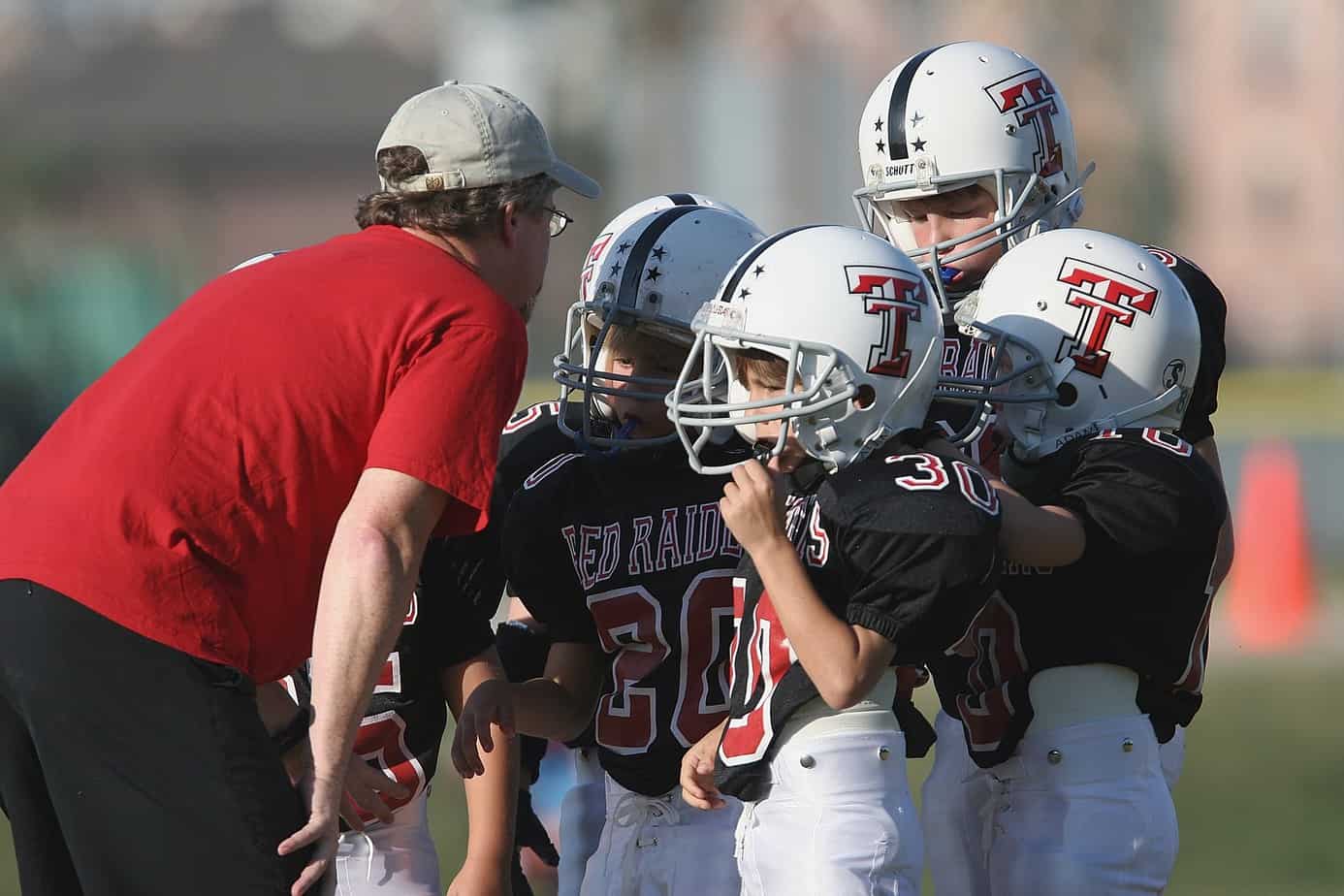Contents of Article
- Introduction
- What they found
- What this means
- Practical takeaways
- References
- About the author
Introduction
It is widely known that physical activity and sport has a considerable impact on the health of the general population and athletes alike. Furthermore, numerous studies have reported on the psychological benefits of organised sport for children and young adults. High levels of mental health issues amongst young adults suggest a need for intervention strategies to change this trend.
Typically, young adults are more comfortable discussing their mental health issues with peers or a trusted adult within the sports environment (this trusted adult is very likely to be the coach). Due to the contact time and nature of the coach-athlete relationship, a coach is in an ideal position to provide information or assistance for young athletes with possible psychological issues.
Having said that, there are obviously restrictions on how much information or intervention a coach can have given their typically limited experience and knowledge in the area of mental health. The aim of the current study was then to gain a greater understanding of how coaches perceive their role in the promotion of mental health for young athletes.

What the researchers did
Using focus groups with 20 Australian coaches from an array of sports (swimming, cricket, basketball, Australian rules, and tennis), the researchers highlighted a number of key points relating to mental health within the context of adolescents and sport:
Many of the coaches suggested that when working in youth sports, they often feel required to serve a number of different roles including being a mentor, an educator, a motivator, as well as someone whom their young athletes can confide in.
Most coaches also saw their role in the mental health of their young athletes as someone who was better placed to identify possible psychological issues and refer them to those with more experience and knowledge in this area, as opposed to intervening and providing assistance.
A number of coaches found it challenging to discuss mental health with their young athletes or that this did not happen directly as they were unsure how their athletes might react. On the other hand, some coaches encouraged their athletes to discuss mental health issues with them and made this part of the club culture.
What they found
Coaches were generally unsure of how to approach the topic of mental health with young athletes after initially asking “are you all right?” due to a lack of knowledge and experience within this area.
The coaches appeared to have some knowledge of the possible triggers linked to mental health problems among young adults including schoolwork, relationships (e.g. parents, teachers at school), and social media. Additionally, these same coaches tended to understand some possible recommendations on how to overcome these issues, including discussing their problems with a trusted adult or professional and sufficient sleep.
Coaches also believed the parents of young adults played a key role in the mental health of young athletes as well as their personal development. Unfortunately, the coaches noted that many parents do not see this as their role which may lead to future mental health issues amongst the young athletes.
What this means
It is clear that coaches, particularly of young adults, must play a number of different roles, which includes dealing with the mental health of their athletes. Although it may not be one of the reasons for a coach taking up employment with an athlete or a team, coaches understand they have a responsibility to oversee and be mindful of the psychological wellbeing and development of their athletes.
Coaches seemed to know what may be the cause of any mental health issues and what may be some approaches on how to overcome these. However, the manner in which coaches approach this appears to differ considerably and, in most cases, as stated by the authors “…coaches were unsure of what help was necessary and unsure of how to provide that help.” This highlights that coaches do understand the impact an athlete’s mental health can have on their development as well as performance, yet they are unsure of what they can really do about this.
Practical takeaways
Psychological health is often taken for granted or not even a consideration for many coaches when constructing their training plans. A lack of education or experience in the area is likely to cause many coaches to ignore this part of an athlete’s development, which is entirely understandable.
Those involved in youth sports (or at any level) are encouraged to improve their mental health literacy. Again, as the authors suggest, this might include becoming more aware of the signs and symptoms of poor mental health as well as acknowledging when to seek professional help.
As such, it may be recommended coaches add mental health education to their continuing professional development list as this will most definitely develop the coach’s skill set and ability to connect with their athletes, not to mention support their health and wellbeing.
This Performance Digest snippet was taken from issue #22, August 2018 available for members.
- Investigating Youth Sports Coaches’ Perceptions of Their Role in Adolescent Mental Health. Ferguson et al., (2018) https://www.tandfonline.com/doi/full/10.1080/10413200.2018.1466839


